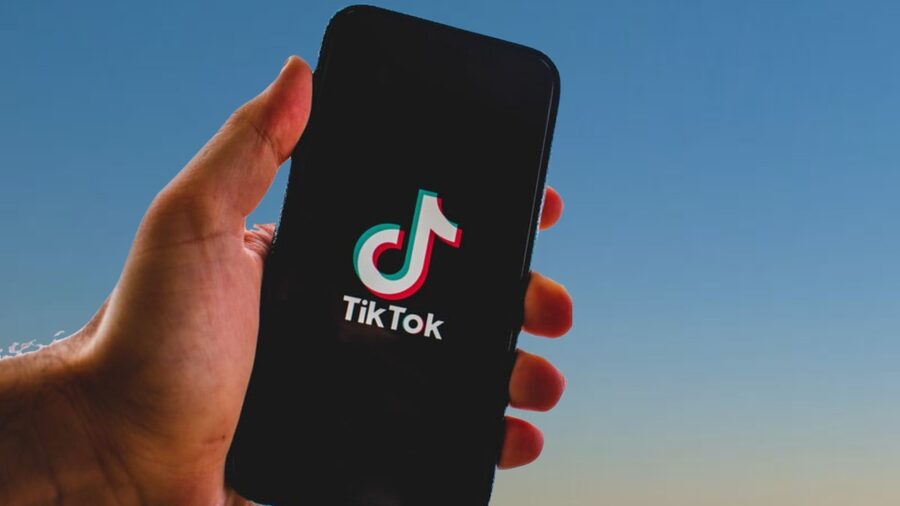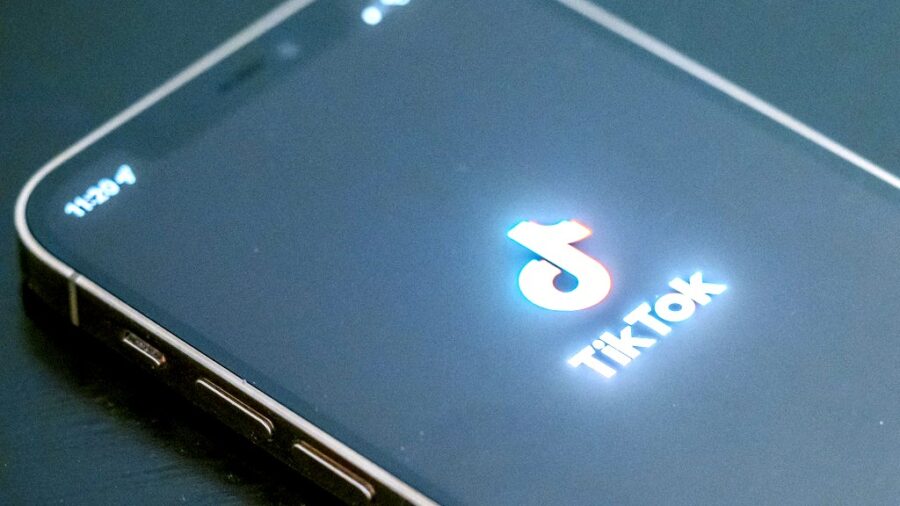The Most Popular Social Media App Extremely Close To Nationwide Ban
A Missouri Senator is introducing legislation that would ban TikTok on all devices nationwide.

Soon when TikTok employees hear the name of their company, it might sound like the clock counting down how much time they have left in the States. As Gizmodo reports, on Wednesday lawmakers in Congress introduced legislation which, if it becomes law, would impose a TikTok ban on all devices in the United States. Unlike previous steps taken to shut down the app, the ban would apply to private devices, as well as government issued ones.
The No TikTok on the United States Devices Act was submitted by Senator Josh Hawley of Missouri and Congressman Ken Buck of Colorado. The day before the bill was introduced, Hawley announced his intentions in a tweet, writing that TikTok needed to be banned and calling it “China’s backdoor into Americans’ lives” as well as a threat to “our children’s privacy as well as their mental health.”
Considering TikTok’s size and influence, a nationwide ban may seem farfetched, but the possibility may not be so remote. As Gizmodo notes, the $1.7 billion omnibus spending bill President Biden signed last month included banning TikTok on executive branch devices. Meanwhile 28 states have banned the social media app on state-owned phones, tablets, and the like.
The concerns most are raising about TikTok have less to do with the content and more to do with increasing reports that the Chinese government is using the app for espionage purposes, or that it potentially could use it that way in the future. TikTok’s parent company is ByteDance, which launched the app back in 2016. While it was initially seen as an app used by teens to make dance and lip sync videos, the age range of its users has since broadened significantly, along with the types of content on the app.

FBI Director Christopher Wray is one of the voices who has been warning the United States governments about the espionage potential of TikTok and influencing the pushes to ban it. He warns that it “gives [the Chinese government] the potential to leverage the app in ways that I think should concern us.” He says the app can empower China to gather user data “for traditional espionage operations” as well to hit Americans with “malicious cyber activity.”
If a potential TikTok ban isn’t bad enough news for the app and its users, there was the story from earlier this week in which ByteDance employees finally confirmed that TikTok engages in what’s known as “heating.” In other words, TikTok employees will boost certain content in order to bypass the algorithm and get more views. The official reasons given for heating were to attract high profile influencers and to diversify content.
Heating is a fairly common practice in social media circles, but the biggest difference between TikTok and its competitors is that platforms like Facebook and Twitter generally disclose when they’re boosting content, whereas it’s taken TikTok years to even admit it’s doing it. When you consider that lack of transparency along with the espionage concerns of lawmakers and the FBI, the idea of a TikTok ban doesn’t necessarily seem all that crazy.












